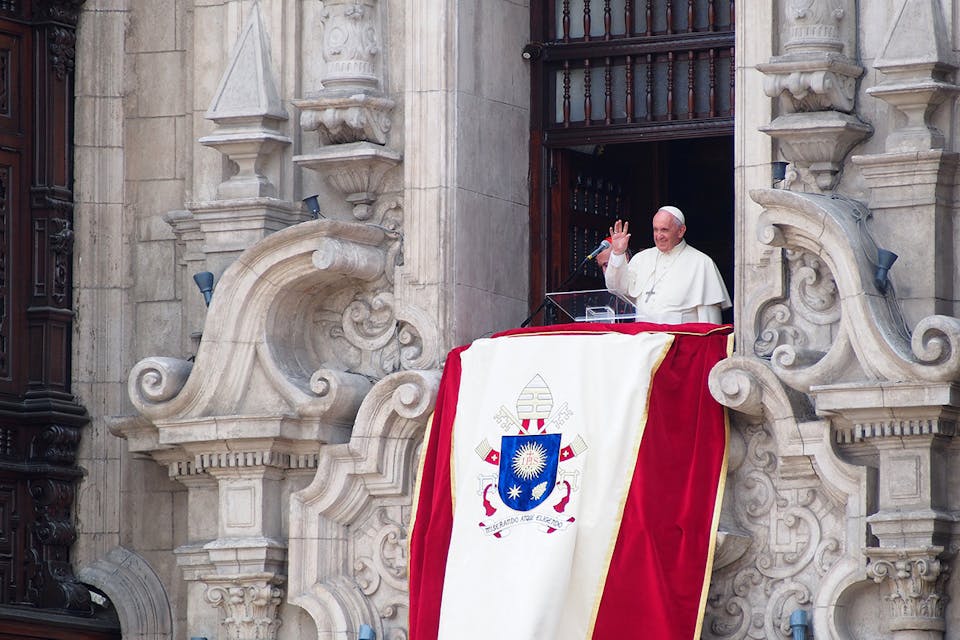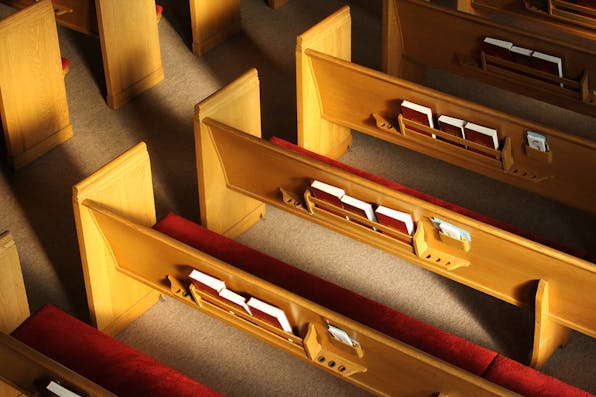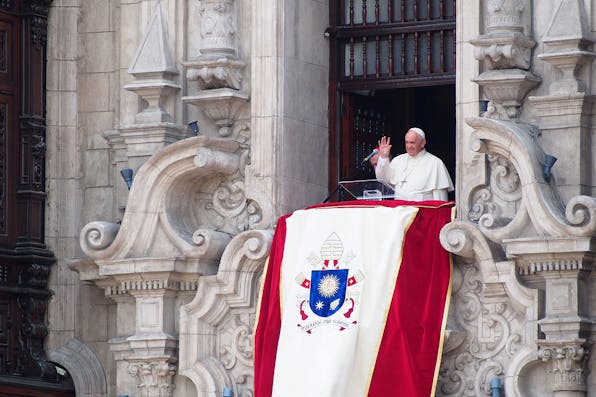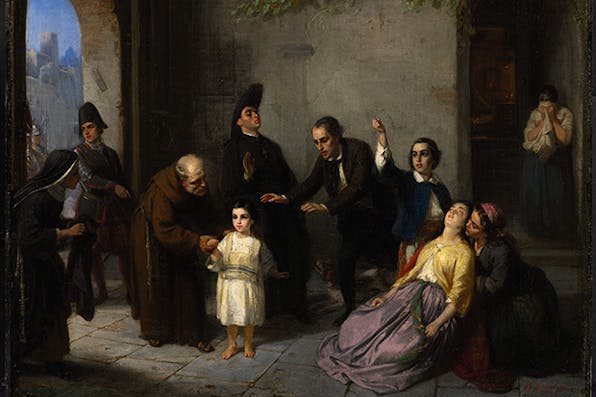
March 19, 2018
Some Catholic Religious Thinkers Are Anti-Liberal, but the Church Is Not
In the debate over the place of Christianity vis-à-vis secular liberal culture, let the Church speak for itself.
In his essay for Mosaic about the recent debates on the Mortara affair and the role played in it by Pope Pius IX and the Catholic Church, Nathan Shields astutely situates his discussion within the larger framework of the Church’s fundamental “relation to the Western liberal political order”—a relation now under severe questioning by some Catholic anti-liberals. In so doing, Shields challenges us to come to grips with the historical and theoretical tensions at play.
Along the way, Shields also pauses to note the curious fact that in this discussion, at whose historical core lie the baptism and seizure of a Jewish child, today’s American Jews have been relatively quiet or simply absent, either as participants or as subjects—as if they had no stake in an essentially intra-Christian debate about the place of Christianity vis-à-vis secular liberal culture.
Without commenting further on the Jewish stake in this larger religious and cultural debate—to me the debate would seem to merit the utmost attention—I applaud Shields’s expansive aims and genuine insights. But I would add that, in his essay, another voice is no less mute, if not altogether absent. That is the voice of the Catholic Church itself. In his legitimate preoccupation with the anti-liberal case and its intellectual and moral flaws, Shields obscures—just as do many anti-liberals themselves—the Church’s own developed understanding of the issues at stake here.
Responses to March ’s Essay

March 2018
Comparing (and Contrasting) Catholic and Jewish Reactions to the Modern Liberal Order
By Jon D. Levenson
March 2018
Some Catholic Religious Thinkers Are Anti-Liberal, but the Church Is Not
By R. J. Snell
March 2018
Should Religious People Affirm the Modern Liberal Order, or Reject It?
By Nathan Shields